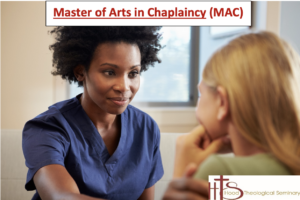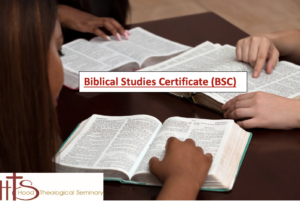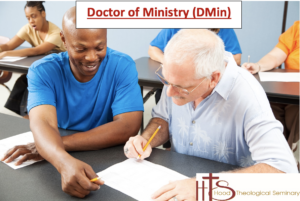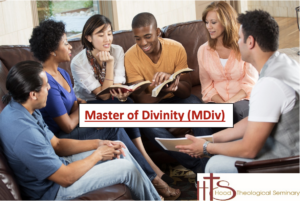
Hood Theological Seminary
Fall Semester: July 15th and Spring Semester: November 30th
Website: hoodseminary.edu
Address: 1810 Lutheran Synod Dr., Salisbury, NC 28144
Phone: 704–636–6455
Denomination: African Methodist Episcopal Zion Church and United Methodist Church Approved
Distance Education Available: Yes; fully online and fully hybrid residential courses
Application Deadline: July 15 and Nov 30
Accreditation: The Association of Theological Schools
Scholarship/Financial Aid Opportunities: Yes
Mission Statement: Hood Theological Seminary (HTS) prepares women and men for bold and creative leadership for the Christian church for a diverse world.
Vision: Our vision is to be the seminary of choice for persons who desire to reflect the Kingdom of God in the cutting-edge study of scripture and theology, in relationships of equality and diversity, and in actions which embrace racial reconciliation and economic justice.
About: Hood Theological Seminary (HTS) is a graduate and professional theological school in Salisbury, North Carolina. In September of 2013, the Board of Commissioners of the Association of Theological Schools in the United States and Canada (ATS) reaffirmed the accreditation of Hood Theological Seminary. The Seminary is approved for the following degree programs: General Theological Studies Certificate, Biblical Studies Certificate, United Methodist Studies Certificate, Master of Divinity, Master of Theological Studies, Master of Arts in Chaplaincy, and Doctor of Ministry. The Seminary is approved by the University Senate of The United Methodist Church (UMC) and is the only Seminary in the United States sponsored by the African Methodist Episcopal Zion Church (AMEZ). As a theological institution, it provides for the church an educational community in which Christian maturity and ministerial preparation occur together. The Seminary began as a theological department of Livingstone College and was elevated to school status in 1904. Today, HTS is a thriving ecumenical community of nearly 200 enrollees. Our students are Protestant (of various denominations), African American, European-American, Latin-American, Asian-American men and woman and represent a rich diversity of ages and socio-economic backgrounds.
Programs
Master of Arts in Christian Education
Certificate in Christian Education




